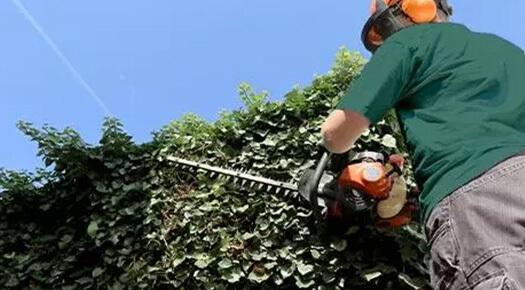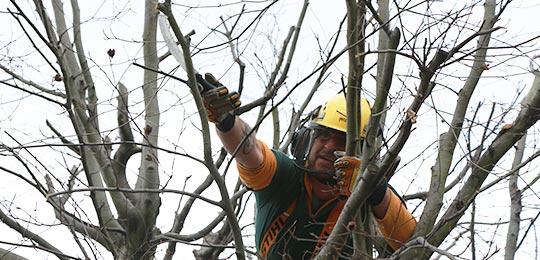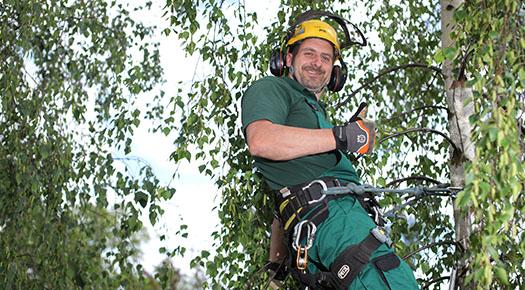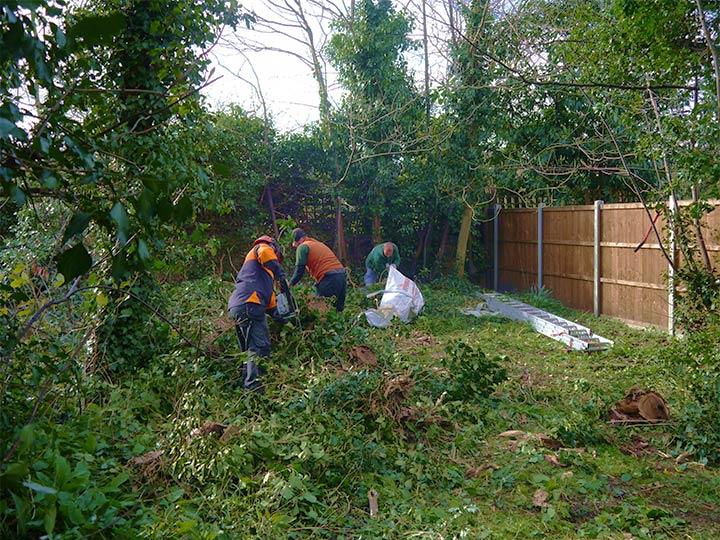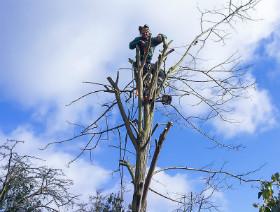- People claim it destroys the masonry.
- Other people claim that the greenery holds the moisture on the walls, and thus, leads to mould and structural damage.
- It hides the development of wall damage.
Does ivy damage walls?
- Find out everything you need to know first before you add ivy to your garden!
- Curious if ivy could be damaging your home? Let’s find out!
- Learn how ivy might harm—or even protect—your walls.
- Discover which ivy species to avoid for a worry-free home.
- Don’t let ivy take over—simple tips to keep it in check!


Ivy-Covered Homes: Beauty or Hidden Danger?
Houses covered in ivy are an attractive sight to see. Who hasn’t gazed with adoration when passing by old buildings covered in the green plant? Many rural areas in the UK have countless such houses. Today, more and more people are also willing to cover their homes in ivy because of the calming green colour and to enhance their dull looking houses.
But when you start to plan such a creeper, some important questions come to light, like "Can ivy damage your house?" or "Is ivy bad for walls?" And if you, too, are asking yourself these and other similar questions, you’re in luck. In this article, we talk about ivy on houses, and if and when it can cause structural damage.
Things to consider when growing ivy on the house
When you’re considering growing ivy on the walls of your house, you should think about several factors. If you’ve heard that ivy can damage walls, you should know that this isn’t entirely true. Species that are more aggressive in clinging to the walls may worsen the condition of already damaged walls.
But if your home is made from sound masonry or is newly built without cracks and weakened mortar, even the aggressive kind won’t be strong enough to damage the structure. So, breath easy, your home will be safe.
If your house is safe to plant any type of ivy without worrying about damage, the next step you should take is to pick the species. Furthermore, you have to check with your local council if all species are allowed in your area because, in some English towns, ivy is forbidden.
English ivy is the more aggressive and destructive type that we have in England. It is known to have inflicted damage to the walls of old houses.
So, to answer the commonly asked question, “Does ivy damage walls?”, it depends on the walls. Well-built and new structures do not have a problem with any type of ivy. While already crumbling bricks and mortar can be affected by the aerial roots of the English ivy.
Another common question is “Does ivy damage brickwork?” The answer is the same - it depends on the wall. The modern mortar that is used in construction work today is stronger than the one used hundreds of years ago. So, new brickwork is in no danger for climbing ivy growing on it.
The two most preferred species in the UK are Virginia creeper and Boston ivy. Both are self-climbing, but their aerial roots aren't strong and aggressive enough to cause structural damage, even to weakened mortar and bricks. What is more, these plants are the perfect way to hide any defects or unsightly parts on walls.
Keep in mind that these self-climbing plants should be regularly trimmed and maintained. Otherwise, they may quickly cover your windows, door, fill your gutters and even reach and block your chimney. If you decide on growing self-climbers on your house, schedule regular maintenance so it’s kept nice and tidy.
There are some things you can do to be even more cautious when growing ivy on your walls. Keep reading as we’ve listed some tips below for you.
Can ivy protect your house?
The opinions here are split. There are generally two answers to this question based on people’s experience with ivy growing on a house and several pieces of research. An Oxford University research study on the subject matter concluded that having ivy on buildings with sound masonry can actually protect them against severe weather conditions.
The case against ivy on a house:
The case for ivy growing on a house:
- Ivy can actually keep moisture away from walls.
- It can also act as insulation for extreme temperatures. It can keep the temperatures inside your home relatively normal, regardless of the external ones.
- The more plants, the better for oxygen production.
- Ivy doesn’t harm other vegetation and provides shelter for wildlife.
- Your home looks great.
Tips for growing ivy on your home
If you decide to add some greenery to your house’s exterior and landscape design, we have prepared some tips for you. Make sure to follow them and you’ll get to enjoy the benefits and beauty of having a green facade without the worry of potential property damage.
Here are our tips for growing ivy on walls:
- Plant the ivy at least 30 cm away from the walls. This way, you’re protecting the wall structure from the roots.
- Leave space between the plants. When planting the ivy, make sure there is at least 20-30 cm space between them. This way, they will grow faster and healthier, since their roots will not get intertwined.
- Most ivy species need watering only during their first growing season. When this period passes, their roots will be deep and strong enough to feed the plants without your help.
- Avoid using invasive species such as the English ivy on your house, especially on buildings with cracks in the walls. It is even banned in several communities. Instead, turn to similar, but less destructive, species like Boston ivy and Virginia creeper, or other types of vines if you want something more colourful.
- Regularly trim and maintain ivy vines. Keep them away from windows, gutters, doors, etc.
- Ideally, grow ivy on sound masonry, which cannot be damaged by the tender plant.
- Be sure the walls aren’t freshly painted but have dried completely.
Places to avoid covering with ivy:
Ivy can pose significant risks to certain structures and surfaces. It's particularly dangerous for unsound structures like old houses, sheds, or crumbling fences, as its growth can exacerbate existing weaknesses. Paint and stucco are also vulnerable, as ivy can tear these finishes apart. Additionally, weakened and old brick houses are at risk, as ivy roots can easily penetrate crumbling mortar and cracks, further compromising the structure's integrity.How to train ivy against a wall?
Whether your house has passed inspection or not, you can do one thing to prevent any damage the climbing plant may do to your property. Using a frame to guide the plant and keep away from the walls can get the job done.
There are several means you can use:
- Wires - horizontal or vertical. You can use any type of wires and install them in the most convenient way for you. The narrower the gaps between them, the fuller the greenery will be. So, keep that in mind and measure well before installing wires if you don’t want to end up with bald spots. You may also use the wires to create figures and shapes, which will be covered by the ivy and give your house a unique look.
- Chicken wire is easier to use than single wires. It is simple to install to the exterior of your house and the ivy will effortlessly climb on it.
- A trellis is also an option. It is also fairly easy to set up and it’s more stable than the chicken wire.
You can use either method to also train ivy to climb against fences, pergolas, gazebos, etc.
Takeaways:
- So, now that you know which ivy species are safer and which walls are in potential danger, you can make an informed decision about your own house. We assure you that as long as you follow our tips and advice, your home will be safe.
- Do not believe everything you hear and do not let people scare you. Ivy isn’t going to destroy your walls and house.
- If you find yourself in need of help, whether it’s installing trellis, or planting and training the ivy, you can get the Fantastic professionals to help you.

Have a specific gardening or plant-related question?
If so, click on “Ask now”, submit your question, attach the appropriate images and press send. Your question will be forwarded to one of our Fantastic Gardeners who will get back to you with an answer ASAP.



